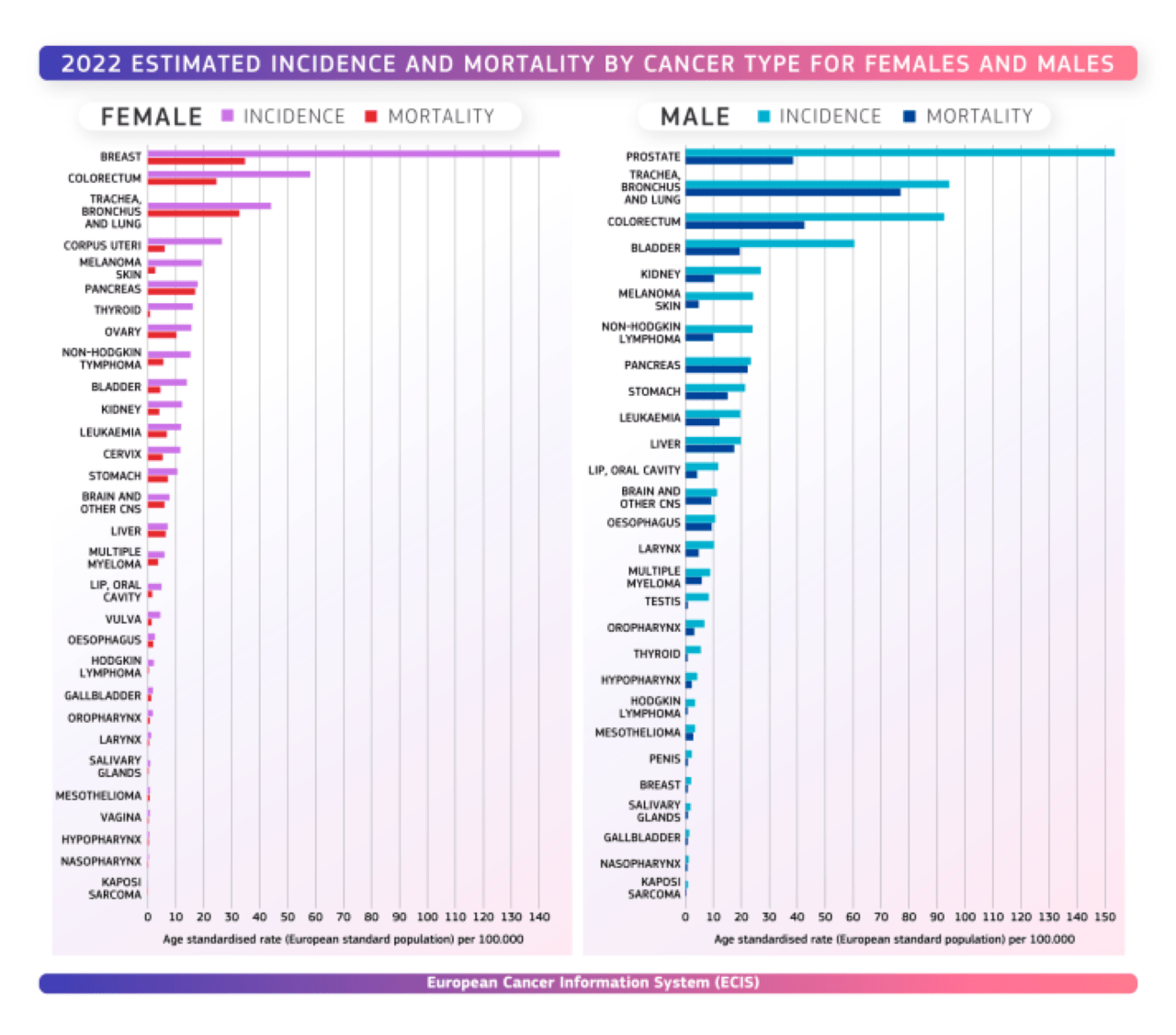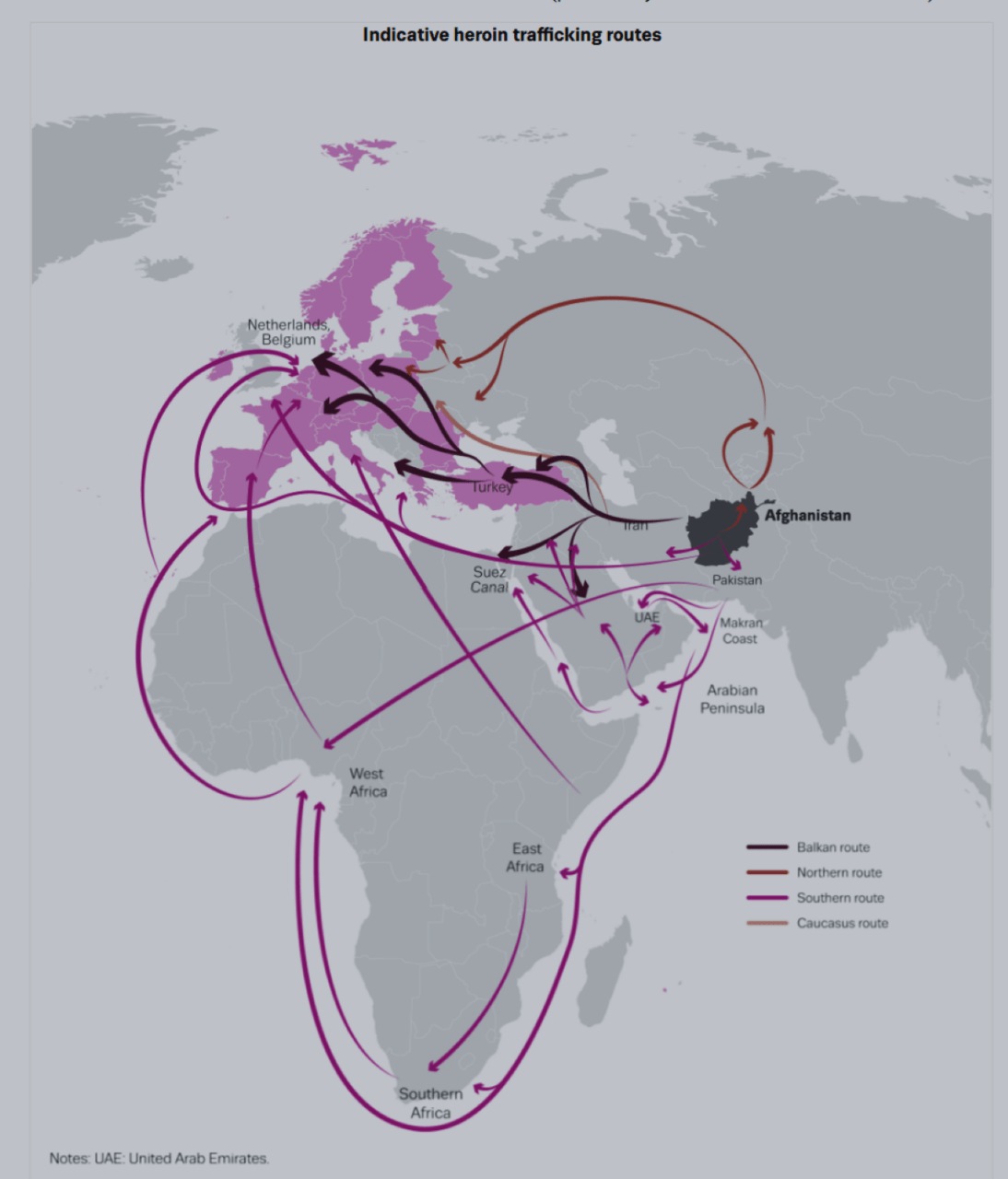Brasil’s President Lula at UNGA79: The planet is no longer waiting to charge the next generation
In a historic speech, President Lula addressed the global inaction in response to climate, geopolitical, and social crises, demanding structural reforms and practical commitment from world leaders to solve the problems. Lula called on all countries to join the Global Alliance Against Hunger and Poverty, which will be launched at the G20 Summit in November.


